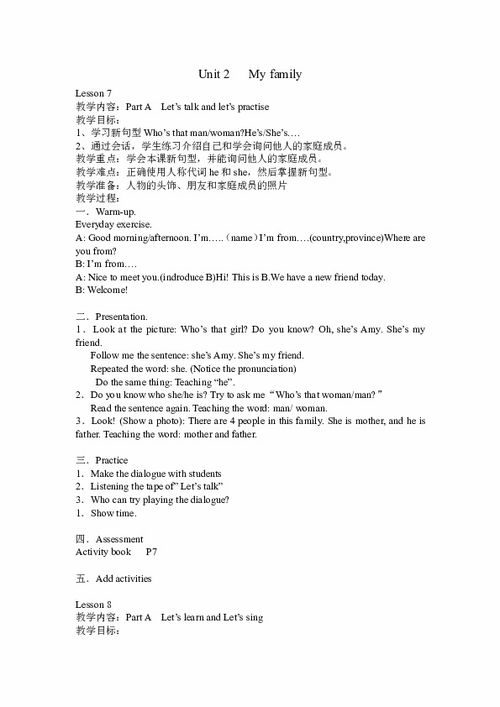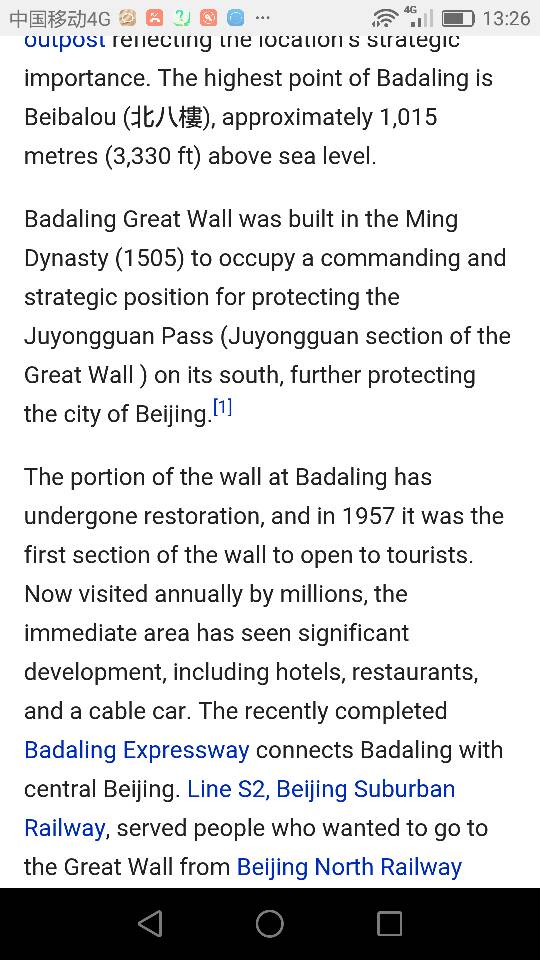The Art of Saying 'Where, Where' in English
When it comes to the phrase "哪里哪里" in Chinese, it often serves as a polite way of responding to a compliment or praise. It's a humble and modest expression that reflects the speaker's desire not to appear too arrogant or boastful. In English, finding an equivalent phrase can be somewhat challenging because English doesn't have a direct translation that encapsulates the same cultural nuance. However, there are several ways to convey a similar sentiment.

One of the closest English equivalents to "哪里哪里" is "Oh, thank you, but it's nothing special." This phrase acknowledges the compliment while downplaying the speaker's own achievements or attributes. It suggests that the speaker doesn't consider themselves particularly noteworthy or deserves special recognition.

Another way to express the same idea is by saying "You're too kind" or "You flatter me." These expressions are also used to respond to compliments in a humble and grateful manner. They show appreciation for the other person's kind words while avoiding the appearance of conceit.

In some contexts, "It's just my job" or "I was just doing what I'm supposed to do" can also serve as appropriate responses. These statements emphasize that the speaker's actions or achievements were simply part of their job or duty, and nothing extraordinary.
Of course, the exact response will depend on the situation and the relationship between the speaker and the person giving the compliment. In some cases, a simple "Thank you" may suffice, especially if the compliment is genuine and the speaker doesn't want to appear overly modest or dismissive.
It's worth noting that while "哪里哪里" may be a common response to compliments in Chinese culture, English speakers may not always expect a similar humble response. In some Western cultures, accepting a compliment with a simple "Thank you" is considered polite and appropriate. Therefore, it's important to be aware of cultural differences and adjust your responses accordingly.
Moreover, the use of "哪里哪里" in Chinese can sometimes carry additional nuances depending on the context. For example, it can be used to express modesty when someone tries to take credit for something that was actually a team effort. In this case, a similar English response might be "We all worked hard together" or "It was a team effort."
On the other hand, "哪里哪里" can also be used to gently disagree with someone's praise when the speaker feels that they haven't done as well as the other person thinks. In English, a similar response might be "I still have a lot to learn" or "I don't think I did as well as you think."
In conclusion, while there is no direct English translation for "哪里哪里," there are several ways to convey a similar sentiment of humility and gratitude in response to a compliment. Whether you choose to say "Oh, thank you, but it's nothing special," "You're too kind," "It's just my job," or simply "Thank you," the key is to acknowledge the compliment while avoiding the appearance of conceit or boastfulness. By being aware of cultural differences and adjusting your responses accordingly, you can ensure that your communication is both respectful and effective.
In addition to the above responses, it's also worth mentioning that "哪里哪里" can sometimes be used in a more literal sense to ask for clarification or specify which aspect of something someone is referring to. For example, if someone says "你的衣服真漂亮," (Your clothes are really beautiful,) you might respond with "哪里哪里, 只是这件而已" (Oh, where? Just this one,) to indicate that you think only the particular item of clothing they are complimenting is nice, rather than all of your clothes.
In English, a similar clarification might be "Oh, thank you, but which one are you referring to?" or "You think this one's nice? I have others that are even better!" Again, the exact response will depend on the context and the speaker's intentions.
It's also important to note that the use of "哪里哪里" in Chinese can vary depending on the region and dialect. In some areas, people may use different expressions or phrases to convey the same sentiment of humility and gratitude. Therefore, it's always a good idea to be aware of the local customs and language usage when communicating with people from different backgrounds.
In summary, while there is no exact English equivalent for "哪里哪里," there are various ways to express similar sentiments of humility, gratitude, and clarification in response to compliments or statements. By considering the context, cultural differences, and the specific nuances of the phrase, you can choose the most appropriate response and ensure that your communication is both respectful and effective. Whether you're acknowledging a compliment, downplaying your own achievements, or seeking clarification, the key is to communicate your message clearly and considerately.
- 上一篇: 如何制作蝴蝶结?【蝴蝶结教程】
- 下一篇: 土豆红烧肉的家常做法详解
-

-
 How do you say 'let it be' in English?资讯攻略11-04
How do you say 'let it be' in English?资讯攻略11-04 -
 如何用5句话写出吸引人的英语作文《我的家庭》?资讯攻略12-01
如何用5句话写出吸引人的英语作文《我的家庭》?资讯攻略12-01 -
 How to Say 'Quot 无所谓 Quot in English?资讯攻略01-16
How to Say 'Quot 无所谓 Quot in English?资讯攻略01-16 -
 Merry Christmas in English资讯攻略12-02
Merry Christmas in English资讯攻略12-02 -












